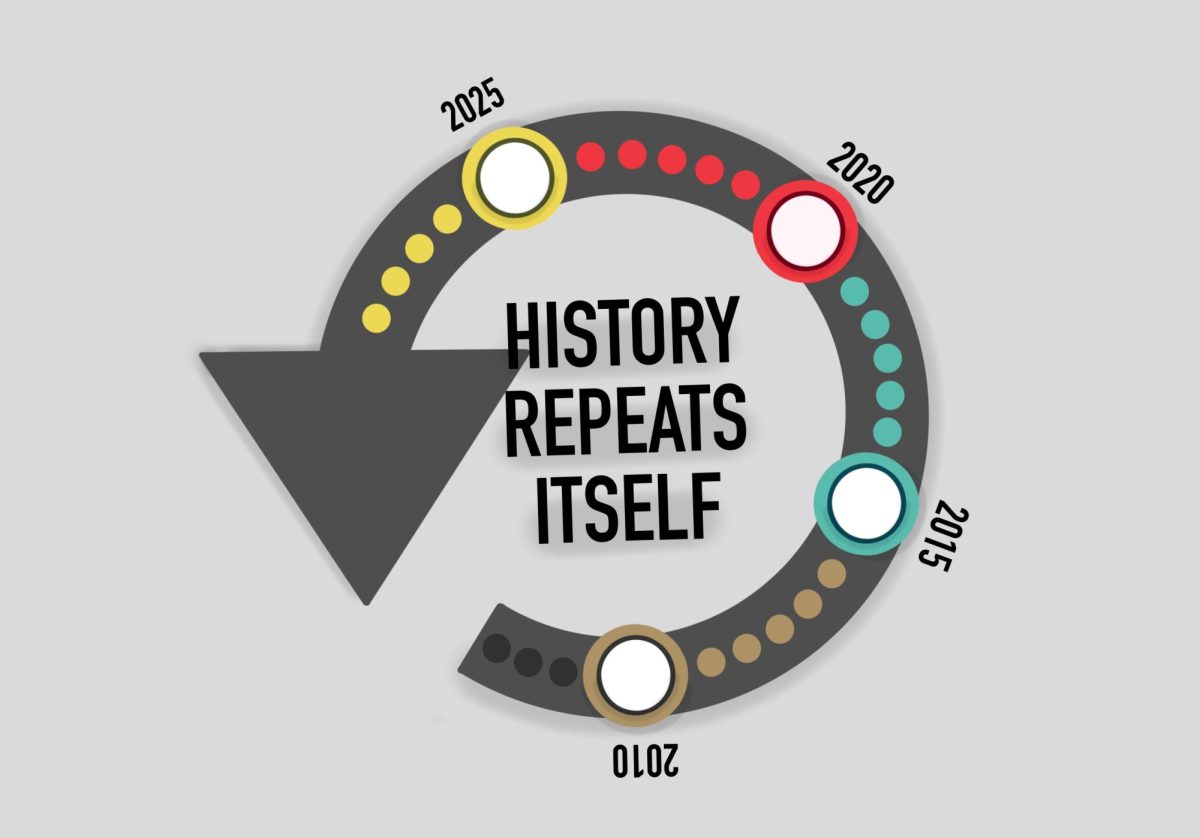College students are experiencing unparalleled levels of stress and anxiety. A 2022 survey by the American College Health Association of more than 54,000 undergraduates found about 77 percent experienced moderate to serious psychological distress.
College has been traditionally known as a time that can be stressful as students leave home, deal with academic pressure and contemplate careers. However, additional stressors –– such as social media, unrealistic expectations of college life marketed to students, along with increased mental health awareness and more self-reporting ––have been attributed to rising stress levels.
In recent weeks, campus tensions have further increased, with some universities canceling classes due to antisemitic threats stemming from the Israel-Hamas war.
Excess stress and anxiety have been found to negatively impact academic performance, lowering grade points averages, impacting knowledge and making it difficult to get work done.
It is critical that higher education students learn stress management methods to help them navigate the pressures of adult life. One possible method that has demonstrated empirical mental and physical benefits is the practice of meditation. While various definitions exist, meditation can be considered a form of mental training. The challenge is that college students have particular barriers to meditation.
One major barrier is a perceived lack of time. They may not feel that sitting and “doing nothing” is productive, when they have all this studying and homework assignments to complete. However, practicing a meditation technique for as little as 10 minutes a day could help with stress and anxiety.
One tip for overcoming the time barrier is to schedule a specific time each day for meditation. For example, make it a routine to meditate as soon as you wake up, before getting too busy. This creates a positive, calming tone for the day as well.
Another mental barrier to college students meditating is that it is too strange. Now practiced in hospitals, counseling centers, schools, and other secular places across the country, meditation is a practice of allowing our brain waves to slow and our nervous systems to relax.
Nothing weird about it. Finally, another barrier to meditation is that college students think it is too difficult to learn. Like learning any new skill, meditation requires commitment and practice.
Finding an experienced teacher can help with the learning process. There are also now a plethora of online guided videos and apps to guide meditation. Other ideas include joining a meditation group and finding a meditation “buddy” to keep each other accountable and provide support.
Life in modern society has become very stressful, including for college students. The time to cultivate stress-coping strategies in your daily routine is now. Why not give meditation a try?
Steve Haberlin is an assistant professor in the College of Community Innovation and Education at the University of Central Florida. He is the author of a book on meditation in higher education and trains faculty on the topic.








